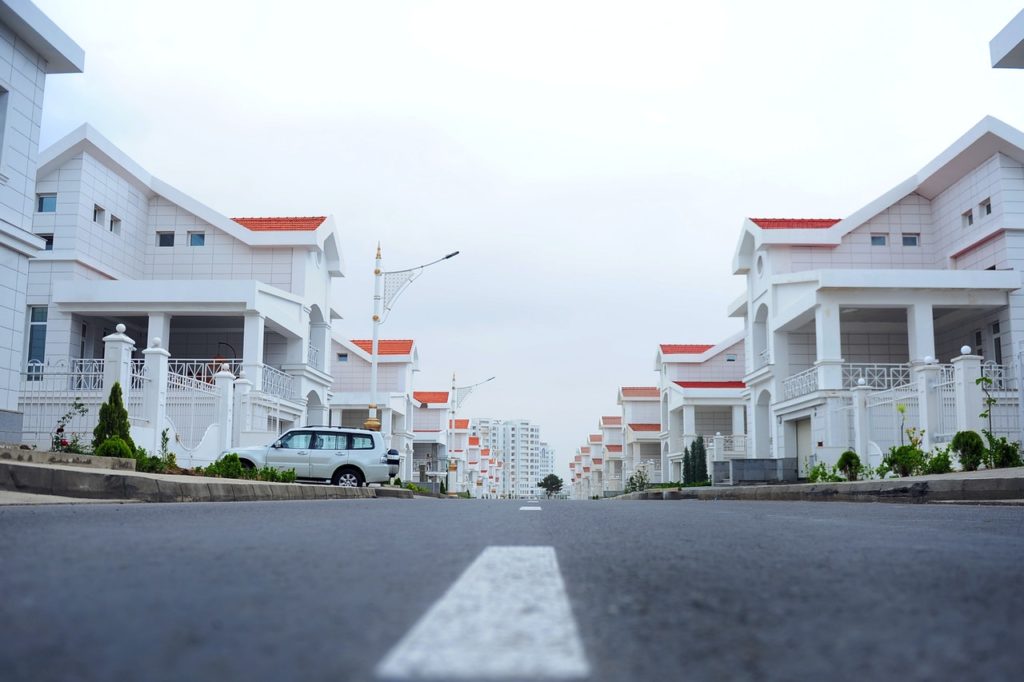Purchasing a house at a young age — specifically those in their 20s — might seem impossible to accomplish. After all, the median age of American home buyers as of 2019 is 47.
This news isn’t surprising, though, as people in their 20s may not have the odds stacked to their favor. Between outstanding student loans, entry-level take-home pay and the desire to enjoy life, they often believe that real estate is beyond their reach at this point in their life.
Although owning a home before hitting 30 may be difficult, it is an attainable goal. It does, however, require careful planning on your part. Here are some suggestions to help you achieve The American Dream of Homeownership at a young age:
Shore up Your College Loan Debt
According to a report from CNBC, young people are postponing homeownership due to student loans. If you’re in this position, you can still buy a home even if you’re tackling college loan debt.
Your goal should be to lower your debt-to-income ratio, a number that compares the amount of debt you owe to your gross monthly income. Many home loan lenders require borrowers to meet a debt-to-income ratio of no more than 36 percent.
One way to make room for a home loan is to extend and refinance the life of your student loan debt. This enables you to make smaller payments each month over an extended period. It will also allow you to put more of your take-home pay toward a mortgage.
This move, however, comes with a caveat. Extending and refinancing your college debt means that you’ll end up shelling out more money in interest charges over the life of the loan. On the other hand, you can purchase a house and take advantage of favorable mortgage interest rates that come along your way.
Choose Your Location and Type of Property Wisely
Location matters a lot in real estate, especially if you’re purchasing a house in your 20s. If you think that you might switch jobs in the future, think about how you could resell your residential property quickly.
If you have plans to stay put with the same company for the foreseeable future, you should consider what you want in a home location. A few questions you could ask yourself are:
- Do you want to live in the city (or close to it) or reside in the suburbs?
- Would you prefer to live in a community that enables you to bike to places, jog regularly and walk to the nearest business establishment?
- Do you want your residential property to be near malls and restaurants?
Besides location, you need to pick the kind of property you plan to purchase. If you’re not keen on doing lawn care and outdoor maintenance, a condo unit may be the right home for you. You could also search for bargain deals, and later spend resources and time renovating it. Explore all the possible options carefully and choose which path is best for your situation.
Improve Your Credit Standing
Individuals in their 20s usually have a limited credit history. This can be a roadblock to homeownership, as a short credit history can bump up the likelihood of a mediocre credit score.
If you don’t have zero or limited credit history, get approved for a credit card that has a small limit. Then, pay off the outstanding balance on time each month.
If you have an established credit history, request a free copy of your credit report. Then, look for mistakes that can ruin your score. Take steps to raise your score as high as you can before you purchase a home.
Start Saving for a Down Payment
If you want to afford to purchase a home in your 20s, you’ll need to save up on a mortgage down payment. The recommended down payment amount is usually 20 percent of the total cost of the residential property. If the home you’re looking to purchase costs $300,000, you’ll need to save a minimum of $60,000.
If you don’t see yourself saving that much money in your 20s, don’t lose hope. You could apply for down payment assistance — or ask Mom and Pop for financial help.
Alternatively, you could choose not to follow the 20 percent down payment rule. This, however, would push you to pay private mortgage insurance (PMI), a premium that bumps up your monthly home loan payments. Think carefully before proceeding with this option.
Plan for Unanticipated Household Expenses
On top of saving for a down payment, you need to build an emergency fund to pay for emergency house repairs, such as pipe leaks and roof damage. Ideally, you should save between three and six months’ worth of your expenses. Having a rainy day fund helps reduce financial stress and worry.
Becoming a homeowner in your 20s is possible when you take note of these strategies. Homeownership is a huge financial responsibility, so you should make sure that you’re mentally, emotionally and financially prepared for this major life decision.

